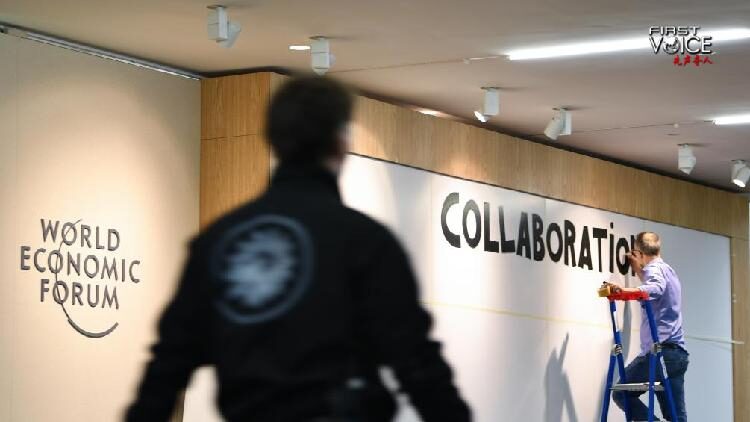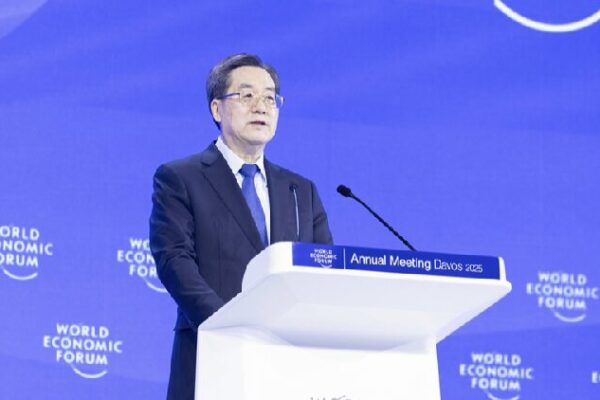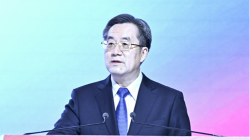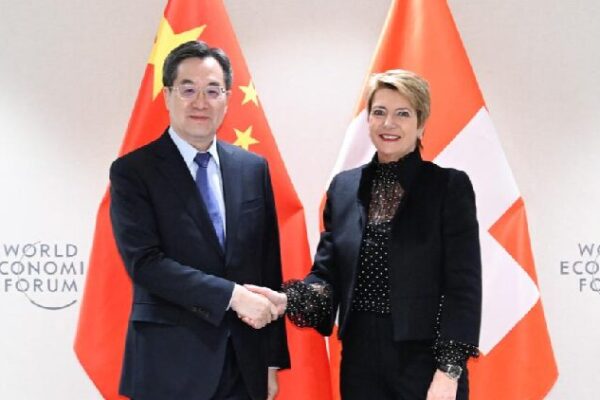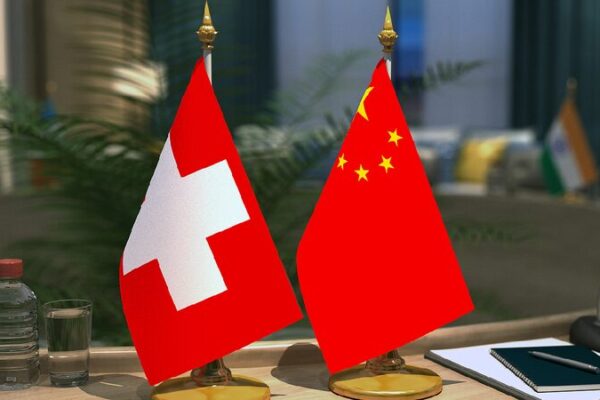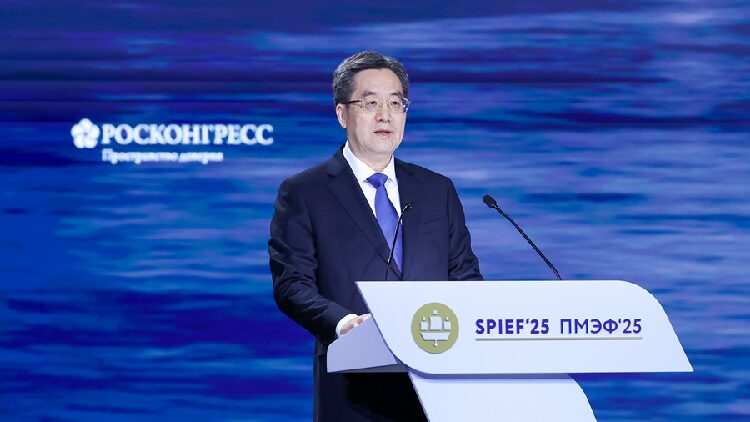At the World Economic Forum (WEF) in Davos, Switzerland, global leaders have called for increased collaboration to enhance economic globalization and address pressing global challenges. Chinese Vice Premier Ding Xuexiang emphasized that protectionism and trade wars benefit no one. “Economic globalization will bring some tensions and disagreements on distribution. These issues can only be resolved in the process of promoting economic globalization. Protectionism leads nowhere. Trade war has no winners,” he stated.
Recent data from the World Trade Organization shows that between 1995 and 2022, the share of middle- and low-income countries in global exports rose from 16 percent to 32 percent. Despite fears, developed countries also benefited from this shift. Ding highlighted that economic globalization is not a “you-lose-I-win” zero-sum game.
To expand the benefits of globalization, Ding urged fostering new drivers of global economic development, including artificial intelligence (AI), quantum technology, and biomedicine. According to WEF statistics, 83 percent of executives see AI as a strategic priority for their organizations. However, the technology gap between the Global North and South remains a challenge.
Ding called for more assistance to developing countries in building AI, smart energy, and other advancements to ensure they can participate fully in the digital economy. China has been actively engaging in global AI governance and has proposed the Global AI Governance Initiative to bridge the technology gap and ensure AI security.
President of the European Commission Ursula von der Leyen also stressed the need to close the innovation gap. “The focus will be to increase productivity by closing the innovation gap,” she noted in the European Commission’s roadmap for the next five years.
Energy transition was another key topic at the WEF. Von der Leyen highlighted clean energy as a mid-term solution that is cost-effective, creates jobs, and strengthens energy independence. Europe now generates more electricity from wind and solar than from all fossil fuels combined. China has also made significant strides in this area, reducing energy consumption per unit of GDP and carbon emission intensity by more than 26 percent and 35 percent respectively since 2012.
Global leaders agreed that collaboration is essential for tackling major challenges and promoting inclusive development. Both Ding and von der Leyen called for the international community to work together. However, they acknowledged that upholding multilateralism in an increasingly protectionist world remains a significant challenge.
Reference(s):
cgtn.com
